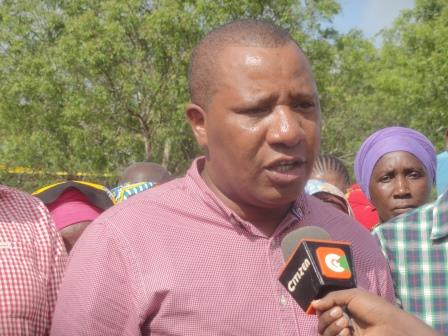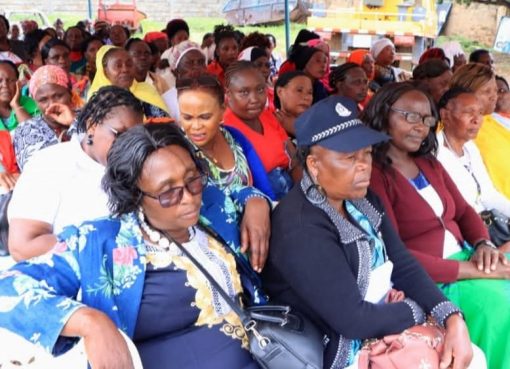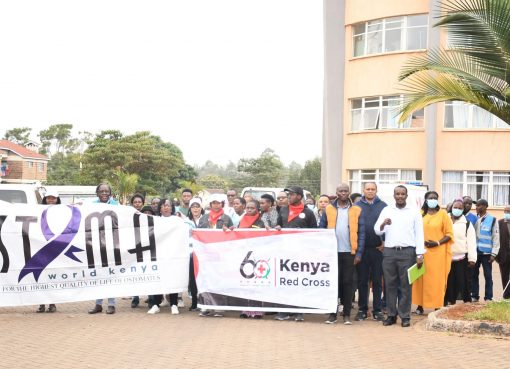Kinango Constituency Member of Parliament Benjamin Tayari on Wednesday issued Sh.10.7 million bursary cheques to needy students spread across 25 secondary schools in Kinango Sub-County of Kwale County.
The education bursary has been distributed by the MP through the National Government Constituency Development Fund (NGCDF) at a function held at Kinango Secondary School.
The MP was accompanied by Kinango Sub County commissioner Simon Kipkemoi, principals from the 25 beneficiary schools, TSC Kwale Director Shee Shadi Shee and Kwale KNUT Secretary Japhet Nzai among other education officials.
The legislator said he is giving priority to education which he noted is key to alleviating poverty hence the reason why he has issued the bursary to students from poor backgrounds within the constituency.
He said his priority is to ensure that all needy students benefit from the constituency kitty and that none misses school due to lack of fees and thus help the Ministry of Education achieve its 100 percent transition policy.
He said MPs have the duty to help the government in pushing for the 100 percent transition from primary school to the secondary level of education using the NGCDF kitty.
“As a constituency we have received Sh20 million from the exchequer but the rest of the money will be used in school infrastructure,” he said.
He has promised to ensure transparency in the allocation of constituency fund to the deserving learners and warned staff handling the kitty affairs against engaging in corruption and other malpractices.
Tayari said investing in education will improve children’s access to school and in the long run improve socio-economic development across the country.
He said political leaders alone cannot solve the challenges in the educational sector and asked communities to come on board to bring hope to students and teachers.
The MP urged parents in his constituency to take the education of their children seriously to escape debilitating poverty saying parents need to give the education of their children the attention it deserves.
By Irene Wanjiku and Hussein Abdullahi





